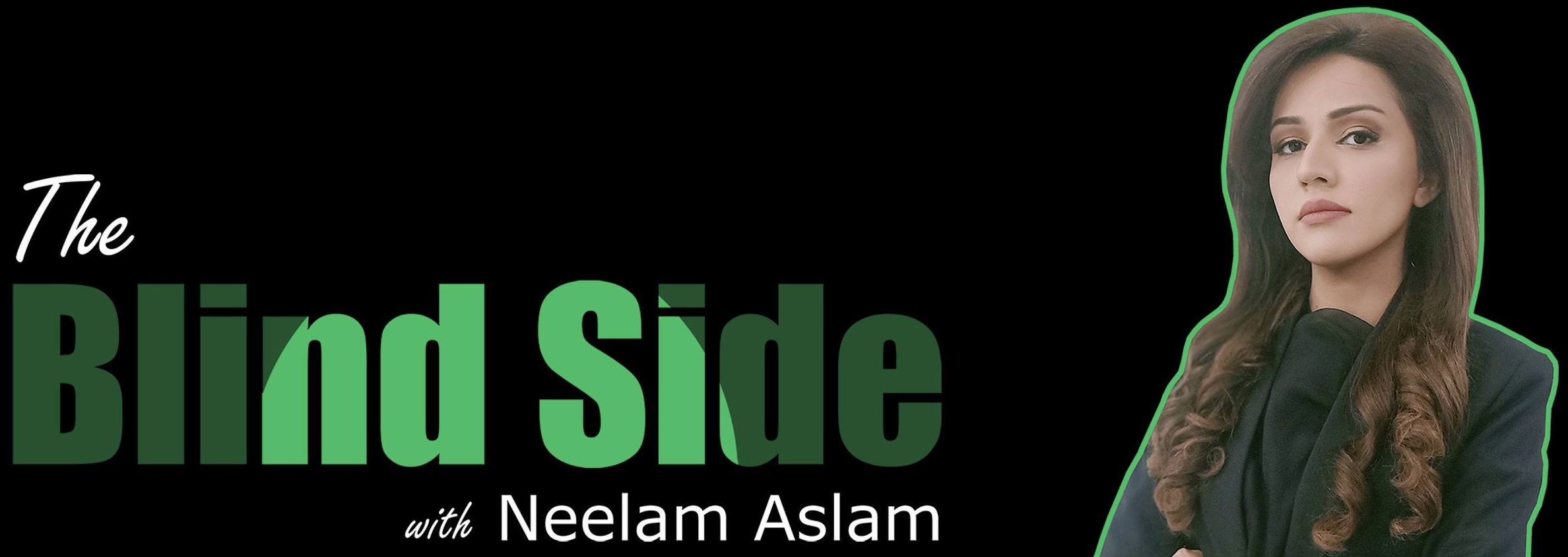
Rameen Syed Journalist
Commemorating the International women’s day, Aurat March has finally started becoming an annual event in Pakistan being observed more passionately. The number of participants increased ten folds this time around. The zeal, the enthusiasm, the anger against patriarchy and the determination to fight back without slouching even a bit isn’t fading away at all.
Women, cisgender men, transgender and all those belonging to minorities and those subjected to marginalization took to the streets on 8th march 2021 across Pakistan against the Pandemic of Patriarchy, a phrase used by the organizers of Aurat March this year to make an analogy between the toxicity of patriarchy that engulfs the whole system and the irreparable damage caused by any pandemic.
Aurat march started being observed in Pakistan in 2018 and the first ever Aurat march was held in Karachi, but later on as people became sensitized, it started spreading to the other major and minor cities. This year it was observed in Karachi, Islamabad, Lahore, Multan, Faisalabad, Larkana, and Hyderabad.
I attended my first ever March this year. As I went there, Lahore’s Aurat march presented a very picturesque view. It started from Lahore press club and ended at PIA building where a stage was setup and around it colorful clothes, mostly women’s shirts, were hanging on strings as we hang our laundry after a fresh wash. But those clothes weren’t fresh washed, they were actually stained by the horrors of patriarchy. That was a part of campaign run by Lahore’s Aurat March organizers which they called ‘airing your dirty laundry’ in which, the oppressed individuals wrote down the incidents of their lives when they were subjected to injustices and abuses of patriarchy. Like last year, Aurat march Lahore unfolded ‘me too’ blanket as well on which women wrote their experiences of sexual violence, physical abuse, rape, street harassment, workplace harassment.



Trans-persons also recorded their protests through dance performances and street theatre in which one of the member of this community Alina performed on Baba Bhullay Shah’s ‘Teray Ishq Nachaya’ in which she paid homage to trans-community, the women and celebrated being alive in a society where trans child is either killed or abandoned. Various Artists and speakers also paid tribute to the protesting community.
Every participant of the March was holding a placard portraying what he/she stood for and protested against. Micro politics was not the only area of concern since some raised the state level issues like missing person’s cases, Baloch and Pashtun marginalization, honor killings, Rape, child marriages, marital rape, unpaid labor and forceful conversions, while we also observed people focusing on micro aggression and micro politics like identity politics, taboos associated with sanitary pads, pink tax and stigmatized gender roles.
There was some intrusion seen as well where antifeminists came in the march with demeaning slogans against women empowerment and Aurat march’s agenda but they failed to jeopardize the morale of participants and the significance of the protest with their petty baseless counter narrative.
Manifestos
Aurat March’s manifesto of this year constituted three chapters; Lahore, Karachi and Islamabad as they were the main cities where the march took place. Lahore chapter put emphasis on the issues of healthcare workers and women’s health, Karachi’s chapter condemned patriarchal violence and Islamabad march pointed out the crisis of care.
The Karachi chapter’s demands to end gender-based violence by patriarchal forces as well as state-backed violence targeting activists, religious groups and communities and effective and transparent investigation of gender-based crimes and fair and expeditious trials”.
The manifesto also demanded the ban on virginity tests for rape victims, legislation to report sexual harassment without any inconvenience, restructuring police department to facilitate gender based violence reporting and active role of police in taking action against it.
Lahore’s chapter demands the assurance of state in providing the basic facilities to the survivors of abuse in terms of medical treatment and rehabilitation as they are in dire need of physical as well as psychological care. It focuses the need of rehabilitative framework for better management of long-term effects of the violence inflicted upon the victims.
Concerns about other health issues are also raised in the document, including, educational programs and training aiming to stop stigmatization and shame associated with gendered bodies, breast cancer, reproductive health, the gender pain gap, more gender sensitized medico-legal practitioners, charging for forensic services (including from rape victims), HIV, access to free medicines, rights of PWDs, implementation of the Transgender Act 2018, access to clean water and toilets, especially to avoid contraction of Covid-19, healthcare for female prisoners, and drug addicts and users, an end to underage marriage, and several other issues associated with the health sector.

Pakistani civil society activists carry placards as they march during a rally to mark International Women’s Day in Karachi

Strict implementation of corona SOPs was widely observed in all the marches organized in various cities where volunteers were actively guiding the participants to wear masks and sanitize their hands.






Leave a Reply